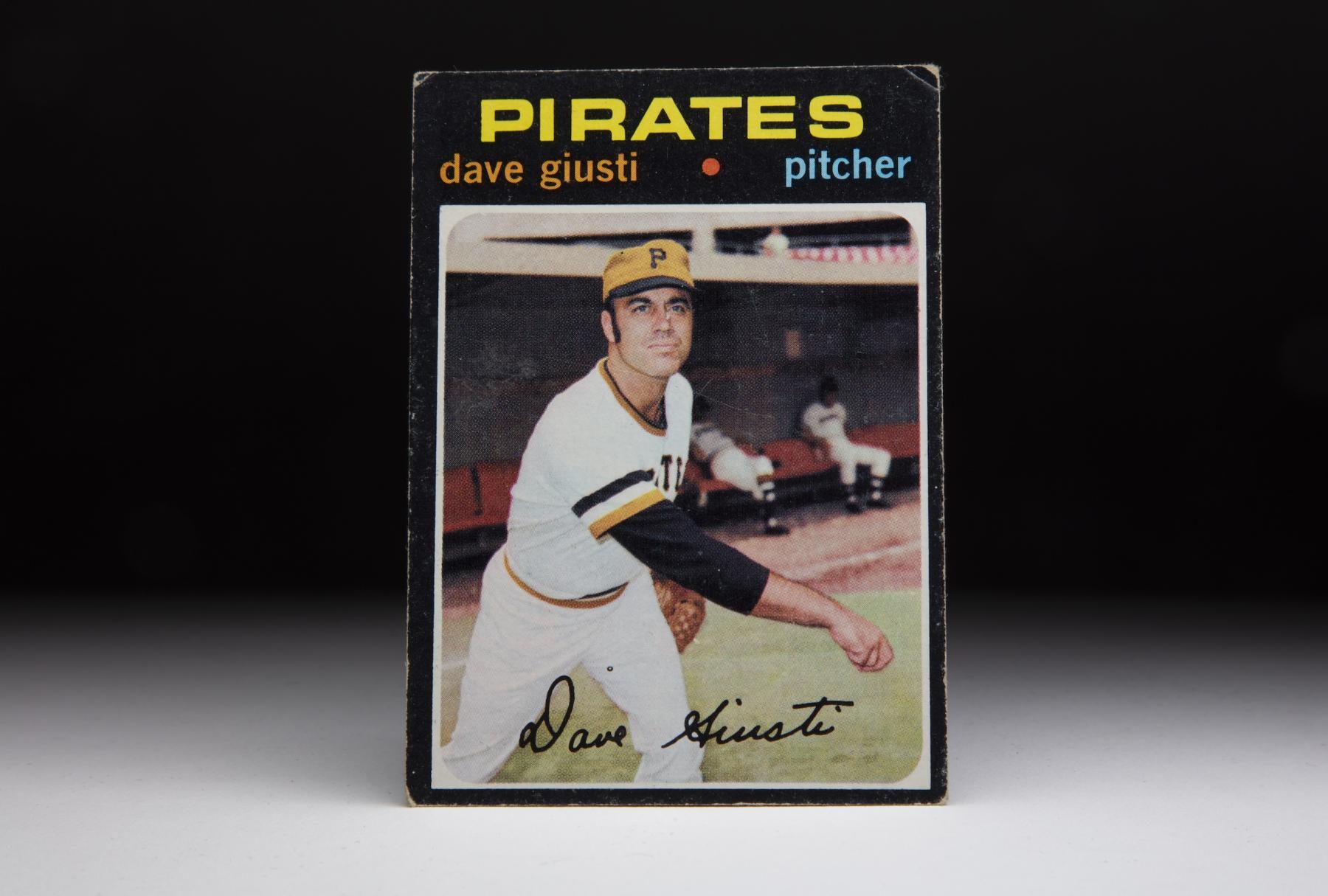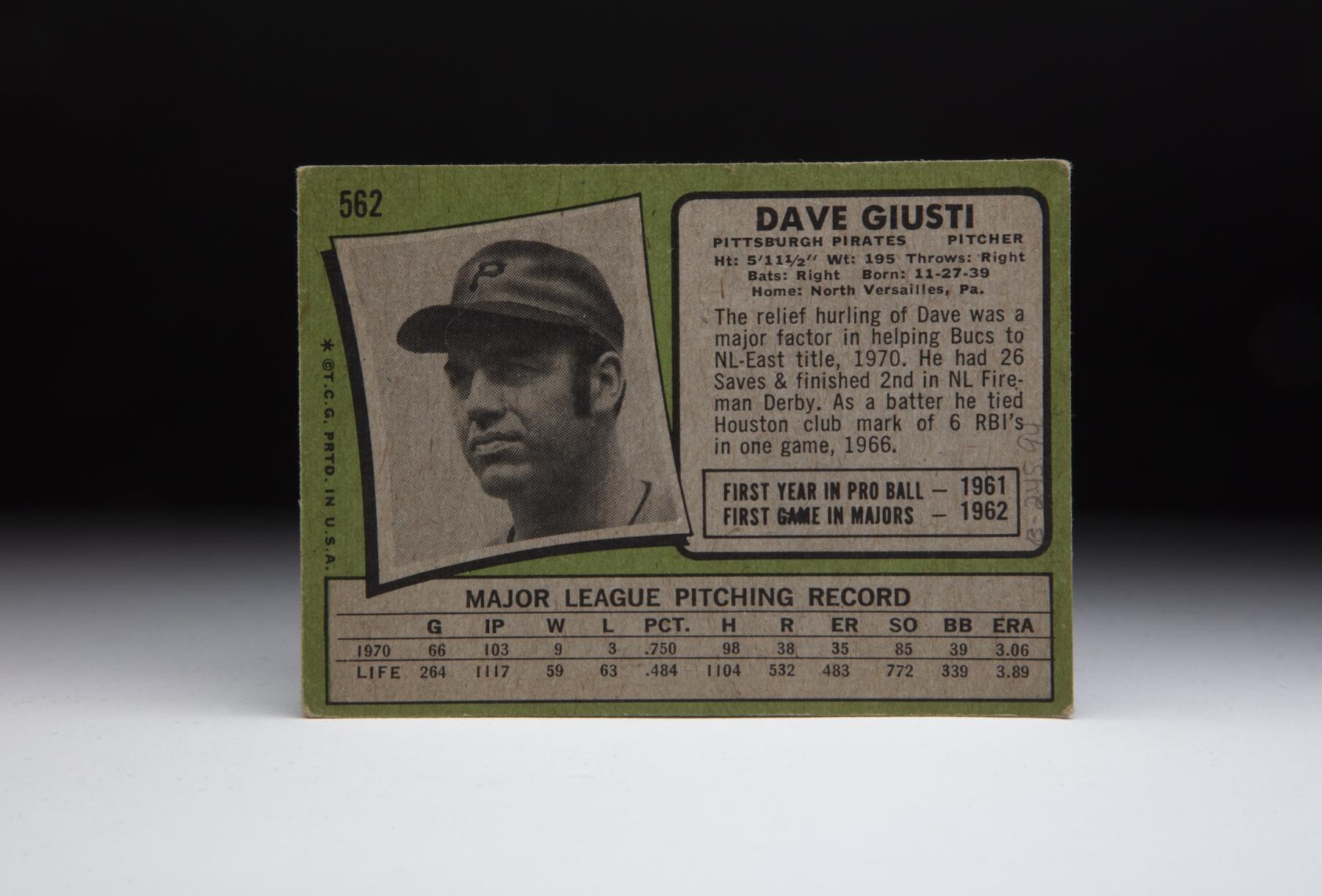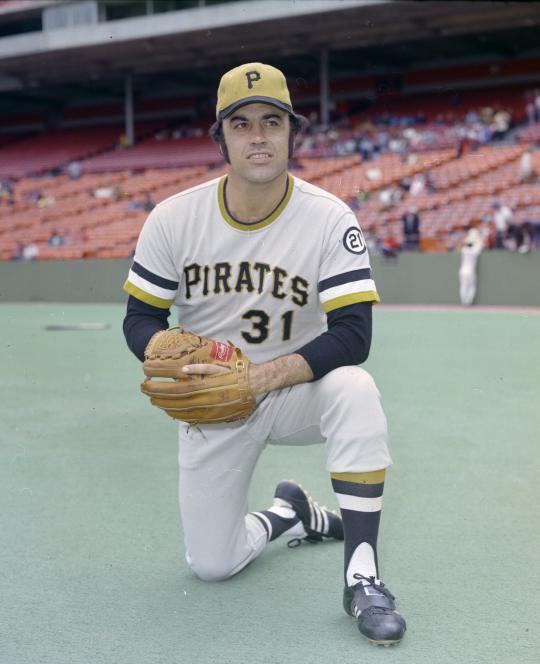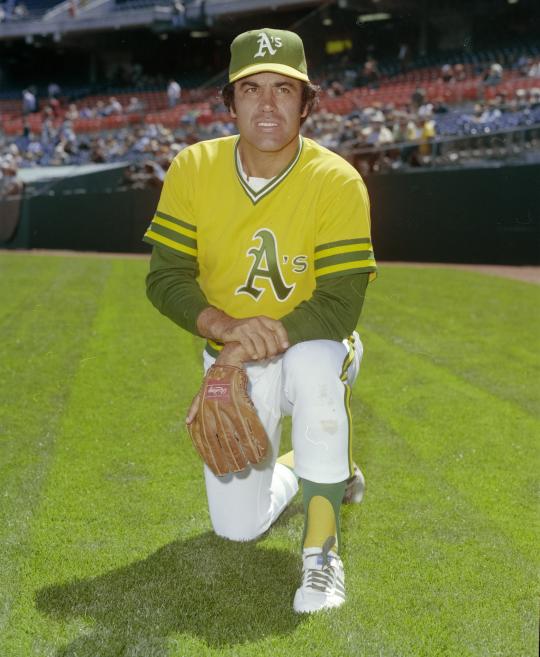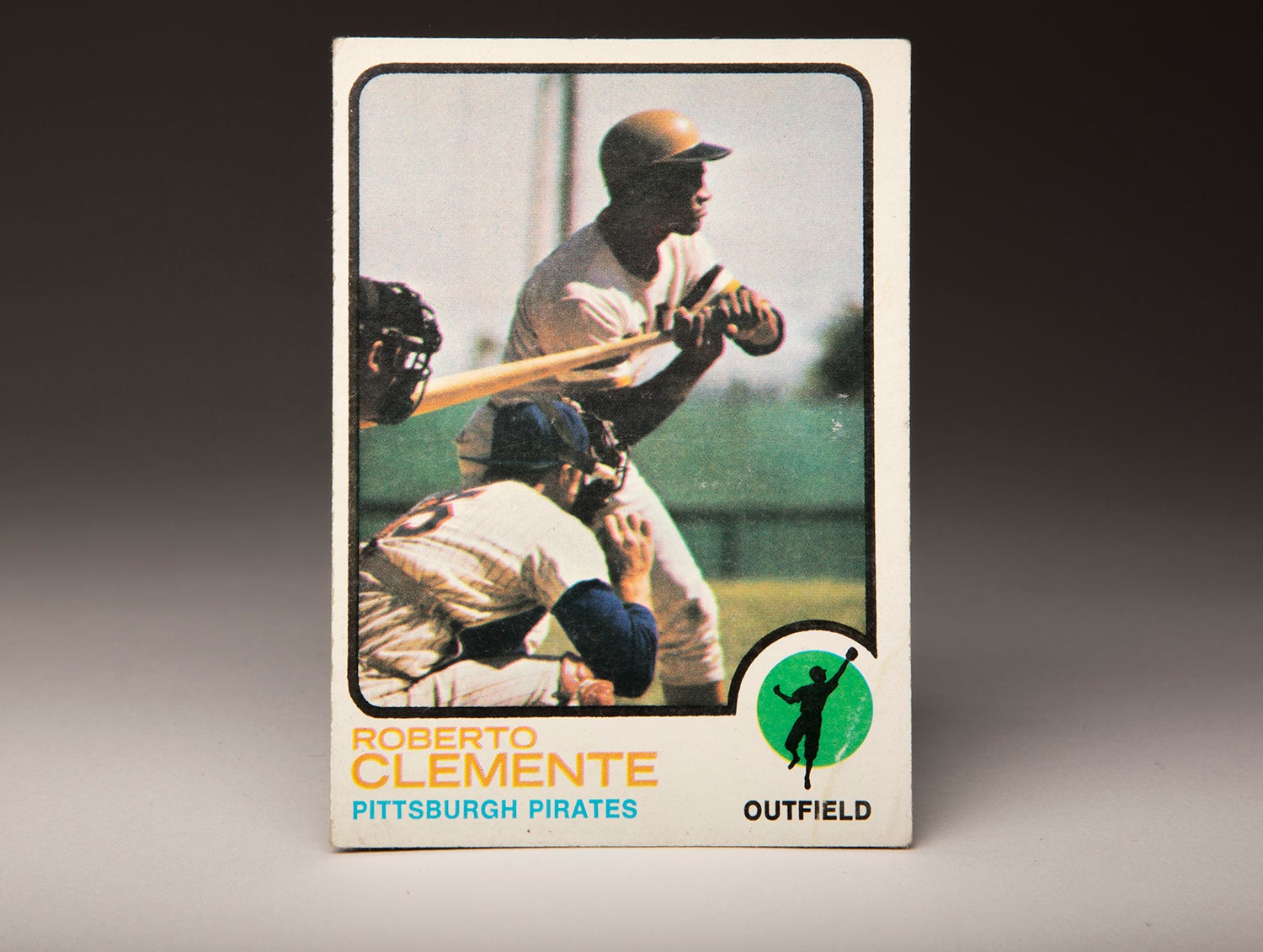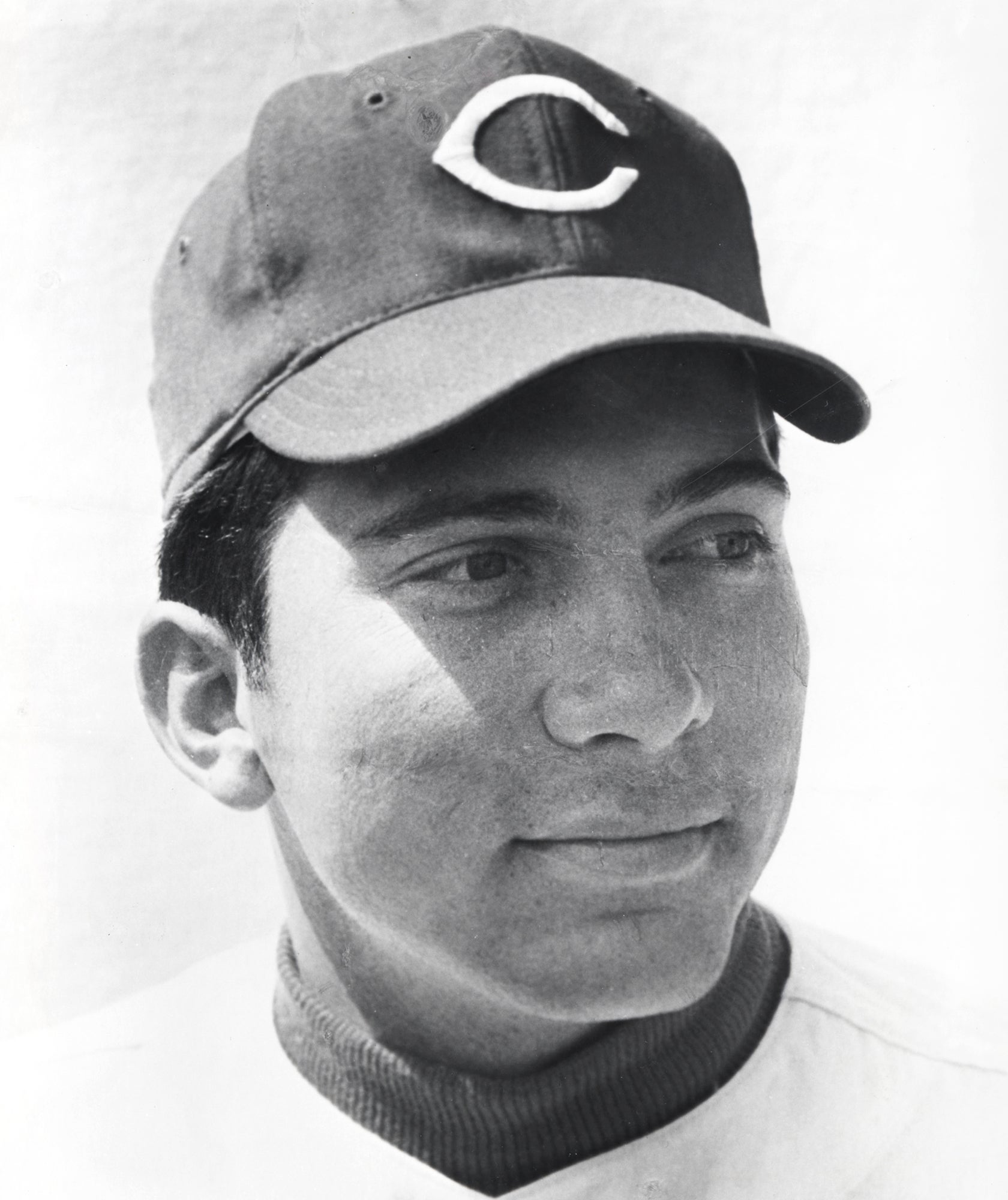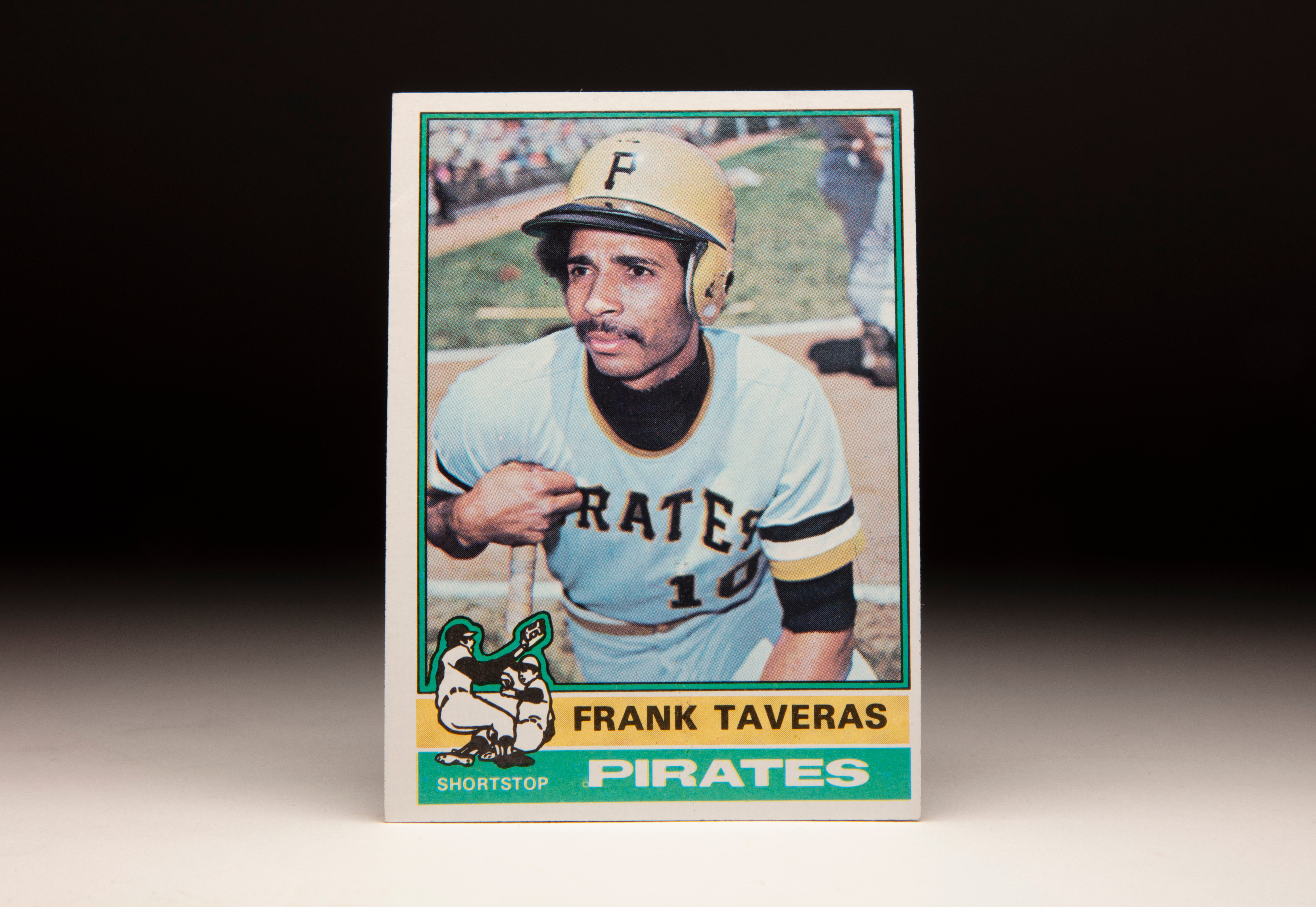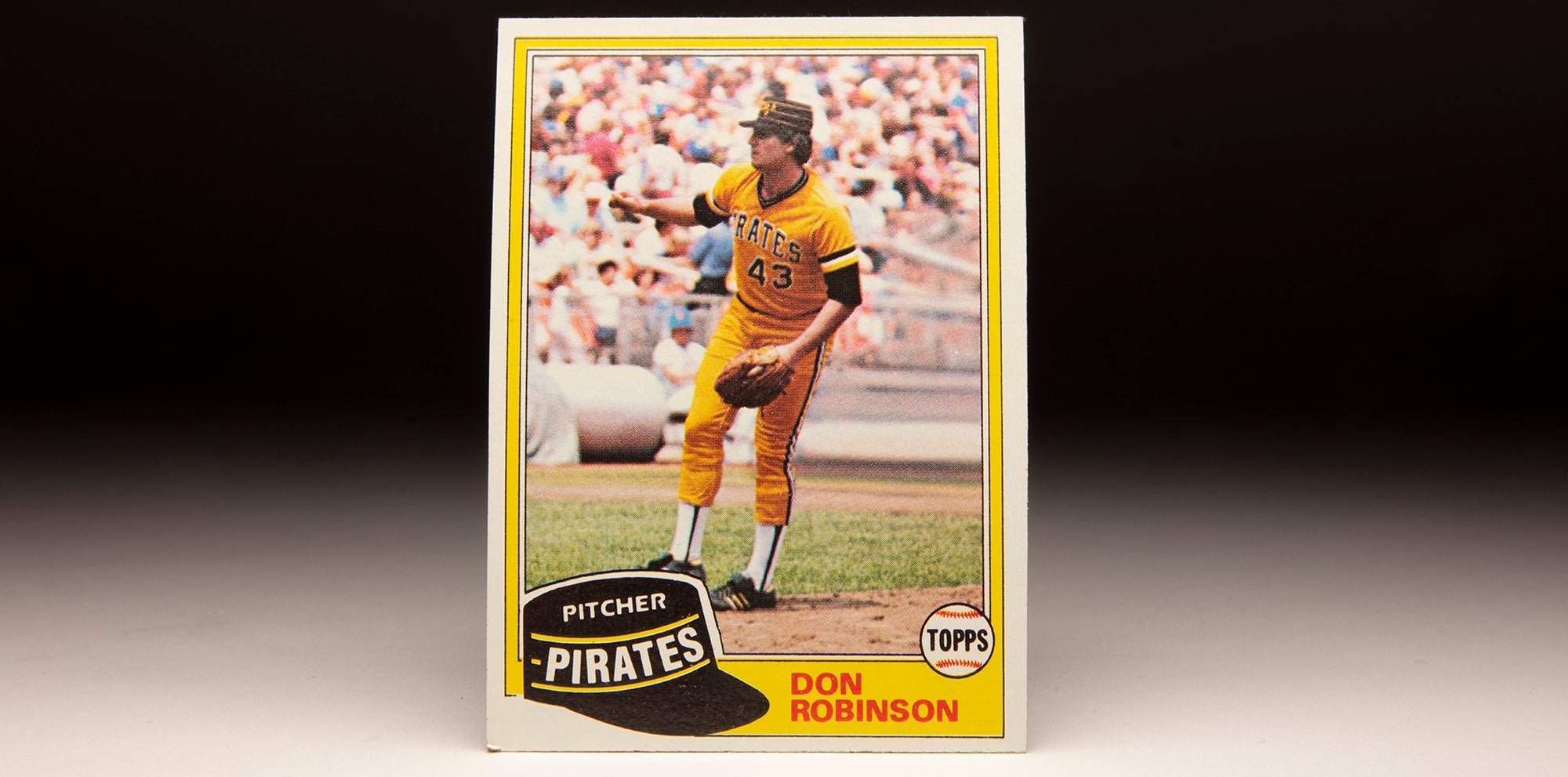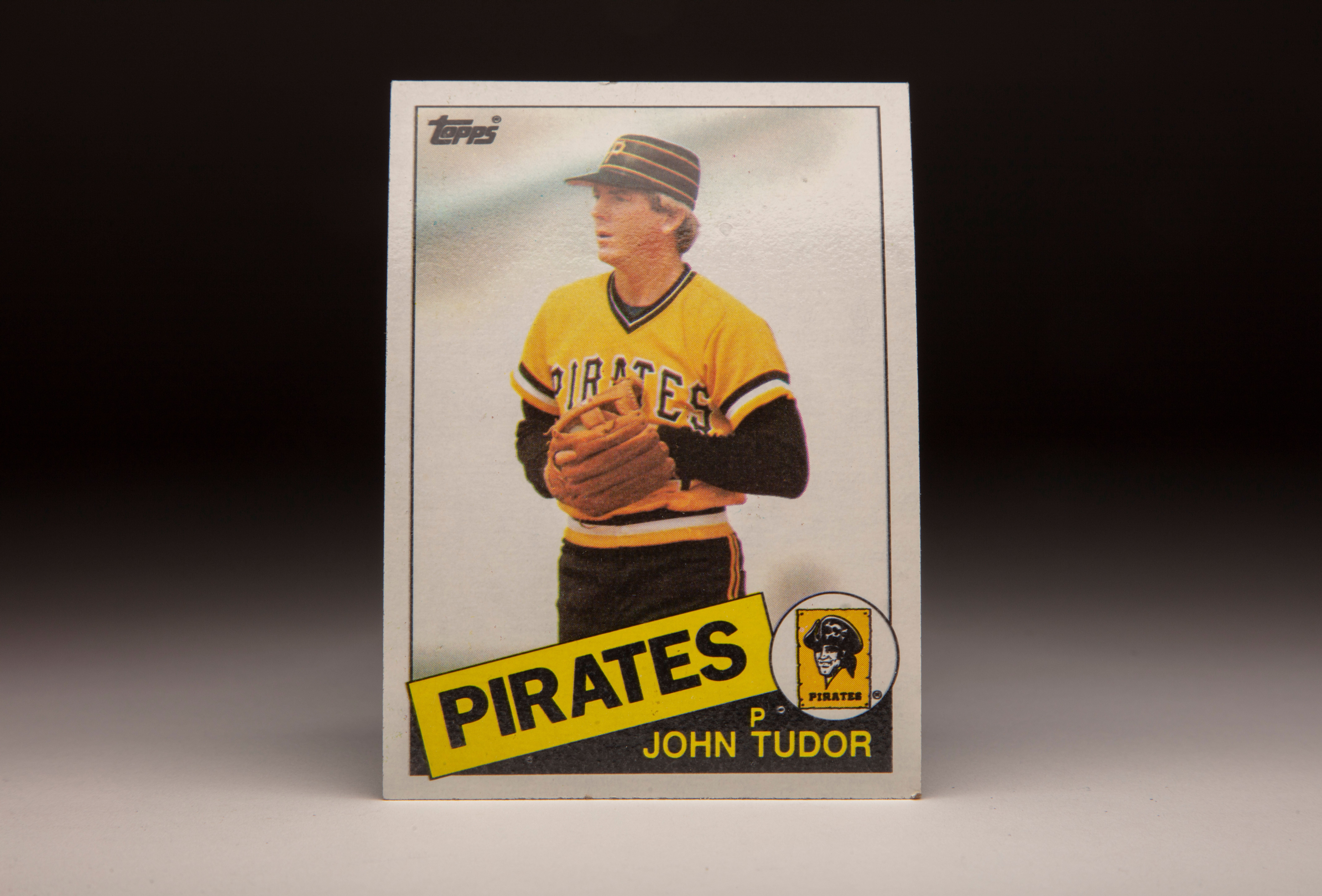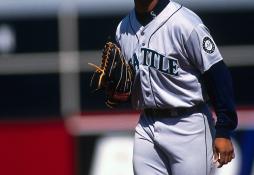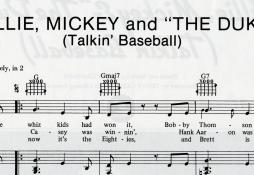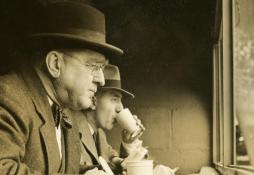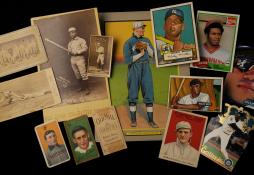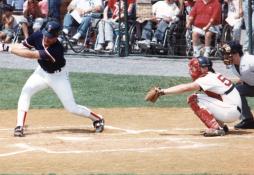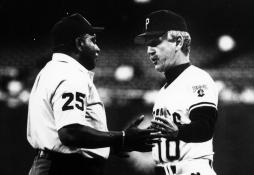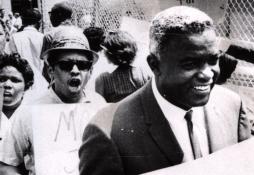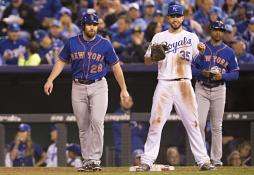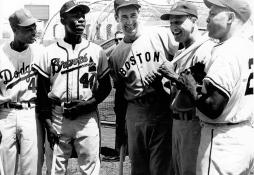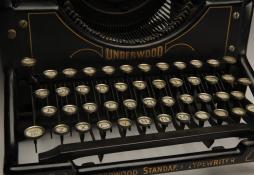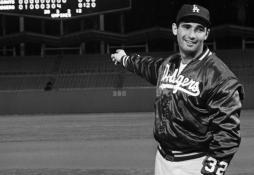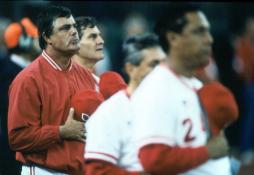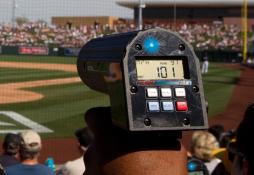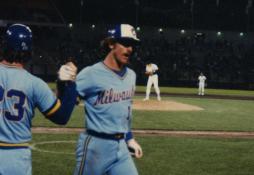#CardCorner: 1971 Topps Dave Giusti
As one of the first bonus babies signed by the expansion Houston Colt .45s, Dave Giusti developed into a serviceable starting pitcher in his mid-20s.
But when the Pirates converted Giusti into a reliever in 1970, he became the stopper for a team that won five National League East titles over six seasons – and the 1971 World Series title.
Born Nov. 27, 1939, in Seneca Falls, N.Y., Giusti – pronounced JUST-ee – was raised in Mattydale, a Syracuse suburb. A three-sport star at North Syracuse High School, Giusti was a first-team selection – the only junior on the top squad – on the Syracuse Post-Standard County League basketball team in 1956. On the diamond, Giusti was 23-1 in high school and headed off to the Syracuse University in the fall of 1957.
With the Orangemen, Giusti played third base and the outfield while he wasn’t pitching. During his senior season, Syracuse advanced to the College World Series in Omaha, Neb., where Giusti pitched a shutout against Western Michigan before the team was eliminated by Oklahoma State in the semifinals.
On June 16, 1961, Giusti – who was named Syracuse’s Most Valuable Player that year – signed a bonus contract with Houston worth a reported $30,000. The signing took place at St. Joseph’s hospital in Syracuse, where Giusti’s father, Dave Sr., was recovering following an operation.
“Dad has been the biggest influence in making me a ballplayer,” Giusti told the Post-Standard.
Assigned to Jacksonville of the Class A South Atlantic League, Giusti went 7-7 with a 2.29 ERA over 118 innings before earning a late-season promotion to the Triple-A Houston Buffs of the American Association. He also continued to demonstrate his prowess as a hitter, going 4-for-4 in the game where he notched his first professional win for Jacksonville.
“If I can’t make it to the majors by pitching,” Giusti said in a sport piece in Sports Illustrated, “then maybe I can manage to do it by hitting.”
Giusti would eventually prove to be an adequate hitter for a pitcher, batting .187 over 412 at-bats in the majors. But it was his pitching that got him to the big leagues in the Colt .45s first year in 1962.
Capitalizing on an invitation to Houston’s big league camp in 1962, Giusti was named to the team’s starting rotation along with Bobby Shantz, Ken Johnson and Bob Bruce. He made his MLB debut on April 22 vs. the Phillies, allowing three earned runs over 6.1 innings in a 4-3 defeat. After three more starts without a win, Houston manager Harry Craft moved Giusti to the bullpen. He picked up his first win on May 30 vs. the Cubs, working nine innings shutout innings in relief in a game Houston won 8-6 in 14 innings.
But with a 2-3 mark and 5.62 ERA over 73.2 innings in mid-July, Giusti was sent to Triple-A Oklahoma City. He finished the season in the minors, going 2-3 in six starts with the 89ers. Just prior to the end of the season, Giusti had a procedure to remove bone chips from his throwing elbow.
Fully healthy, Giusti spent the entire 1963 season back in Oklahoma City, going 13-11 with a 2.72 ERA in 202 innings. He began the 1964 campaign in Houston’s bullpen but was sent back to Triple-A in May, returning to Houston in September after going 10-6 with the 89ers.
Finally in 1965, Giusti spent the entire season in the big leagues. He began the year by winning his first six decisions, including a four-hit shutout of Pittsburgh on April 26 and two more complete games in that stretch where he allowed one run in each contest.
“I thought I would be optioned back to Oklahoma City this season,” Giusti told the Associated Press after improving to 6-0 with a win over the eventual World Series champion Dodgers on May 11.
The league eventually caught up to Giusti, and manager Lum Harris moved him back to the bullpen while giving Giusti an occasional spot start. He finished the year with an 8-7 record and a 4.32 ERA over 131.1 innings.
Giusti began the 1966 season on another hot streak and found himself with a 9-3 record and 3.07 ERA after a June 18 win over the Cubs that marked his sixth complete game of the season. He finished the year with a 15-14 record, four shutouts and a 4.20 ERA, firmly entrenching himself in the Astros’ rotation.
Giusti’s 1967 season got off to a slow start as he lost his first four starts and was 0-5 before winning his first game on May 26. But Giusti felt he was pitching better than ever – a feeling supported by his 3.23 ERA at the end of May – and continued to take his turn on the mound throughout the summer, finishing with a 11-15 mark and 4.18 ERA.
In 1968, Giusti set career-highs in innings pitched (251) and strikeouts (186) while going 11-14 with a 3.19 ERA. But the Astros, looking for a veteran catcher, traded Giusti and young backstop Dave Adlesh to the Cardinals on Oct. 11, 1968, in exchange for Johnny Edwards and a minor leaguer.
Three days later, the Padres selected Giusti with the third pick of the Expansion Draft.
“I’m very disappointed. It was a big blow,” Giusti told the AP after being selected in the Expansion Draft. “Sure it’s unusual for them to offer a player to the draft after they just picked him up in a trade. Nobody in St. Louis told me this was going to happen.
“I was a little bit shocked about the trade. But then I thought it was a great thing to go with the Cardinals, a great asset to me and the Cardinals.”
The Cardinals apparently thought so, too. On Dec. 3, St. Louis re-acquired Giusti from the Padres in exchange for Danny Breeden, Ron Davis, Ed Spezio – who would go on to hit the first home run in Padres history on April 8, 1969 – and a minor leaguer.
But a back injury caused Giusti to miss a significant amount of time in 1969, and he finished with a 3-7 record and 3.61 ERA over 99.2 innings.
His career was at a crossroads. But a future Hall of Famer put Giusti in the right place at the right time.
On Oct. 21, 1969 – after a glowing report from Roberto Clemente – Pirates general manager Joe Brown acquired Giusti and catcher Dave Rickets from the Cardinals for outfielder Carl Taylor and a minor leaguer.
“We are in the position we are in right now thanks to the right arm of Dave Giusti,” Pirates manager Danny Murtaugh told UPI toward the end of the season. “I don’t think any pitcher on our club can praise Giusti too much.”
Giusti appeared in two games in the 1970 NLCS, allowing one run over 2.1 innings. But it was just a warmup for 1971. Giusti again backstopped the Pirates bullpen, going 5-6 with an NL-best 30 saves and a 2.93 ERA in 58 appearances. He recorded his 29th save on Sept. 22 as the Pirates defeated the Cardinals to clinch the division, then pitched in all four games of the NLCS vs. the Giants, saving Games 2 and 3 as Pittsburgh advanced to the World Series. Giusti got Bobby Bonds to ground out to end Game 4, giving Giusti 5.1 shutout innings in the series.
In the Fall Classic against the Orioles, Giusti was again unscored on over 5.1 innings. He saved the critical Game 4 with two scoreless frames but was unable to close the door in Game 6, allowing an inherited runner to score on Davey Johnson’s seventh-inning single that tied the game at 2. Giusti blanked the Orioles in the eighth and the ninth before Baltimore scored a run off of Bob Miller in the 10th inning to win it.
In Game 7, Steve Blass pitched a complete game four-hitter to give the Pirates and Giusti the championship.
“When I was a starter and got hit a couple times, I started thinking I couldn’t throw certain pitches to certain hitters because they had hit them," Giusti told AP about his success in the bullpen. “Now, if I certain pitch is hit, I’ll say: ‘Hell, throw it again but try to make it a better pitch next time. Don’t second guess yourself.’
“This has made me a better pitcher than I’ve been in the past.”
Entering his age-32 season in 1972, Giusti showed no signs of slowing down. He went 7-4 with 22 saves and a 1.93 ERA over 54 appearances as Pittsburgh won the NL East for the third straight year.
“I’m destined to stay in the bullpen,” Giusti told the Pittsburgh Post-Gazette heading into the 1972 season, “but I am happy about it. Two years ago, I wouldn’t have been because I had ideas that I could be a starter and a winner. That’s what I really had in mind when (Pirates general manager) Joe Brown picked me up in a trade from the St. Louis Cardinals at the end of the 1969 season.”
“It’s something I’ve dreamed of all my life,” Giusti told the AP of his All-Star Game selection. “I’m very pleased to have been chosen.”
Murtaugh, who had stepped away from managing for health reasons following the 1971 World Series, returned to replace Bill Virdon late in the 1973 campaign. At the helm again in 1974, Murtaugh took the Pirates back to the postseason as Giusti went 7-5 with a 3.32 ERA in 64 games and famously signed a contract worth $100,000 for the season – making him one of the highest paid pitchers in the game. He saved only 12 games for a Pittsburgh team that totaled just 17 for the season – despite winning 88 games – as Murtaugh relied on a deep rotation led by Jim Rooker and Jerry Reuss. But Giusti still finished ninth in the NL Cy Young Award voting.
But in the NLCS vs. the Dodgers, Pittsburgh lost Game 1 3-0 as Don Sutton outdueled Reuss to give Los Angeles a 1-0 lead heading into the ninth. The Dodgers then scored twice off Giusti in the ninth inning to put the game out of reach.
With Game 2 tied at 2 after seven innings, Murtaugh again turned to Giusti – and again the Dodgers pounced, as Ron Cey doubled, Bill Russell singled, Willie Crawford singled and Manny Mota singled before Giusti was removed from the game. Three runs were eventually charged to Giusti in the Dodgers’ 5-2 win as Giusti took the loss. He pitched again in Los Angeles’ win in Game 4, allowing three runs over 1.1 innings in a 12-1 victory that sent the Dodgers to the Fall Classic.
Giusti continued his effective ways in 1975 after having surgery following the 1974 season to remove more bone chips from his elbow. He went 5-4 with 17 saves and a 2.95 ERA as the Pirates won their fifth NL East title in six years. But Pittsburgh was swept in the NLCS by the Reds, and Giusti appeared in just one game, pitching 1.1 shutout innings in Game 3 and leaving after the ninth with the game tied at 3. Cincinnati would score two runs in the 10th and take home a 5-3 win to advance to the World Series.
For Giusti, it marked his 16th postseason game, and he finished his career with an 0-2 mark, four saves and a 4.87 ERA. But if the three games against the Dodgers in 1974 are factored out, Giusti’s ERA drops to 1.59.
The 1976 season was the last in Pittsburgh for both Murtaugh and Giusti. Murtaugh passed away following the campaign after the Pirates finished second in the NL East. Giusti went 5-4 with six saves over 40 games as Murtaugh used Moose and Kent Tekulve more frequently in high leverage situations.
Following the 1976 season, the Pirates brought in relievers Goose Gossage, Terry Forster and Grant Jackson via trades as new manager Chuck Tanner embraced the use of the bullpen. Suddenly, Giusti appeared to be a man without a role.
On March 17, 1977, Giusti was traded to Oakland in a nine-player deal that brought Phil Garner to Pittsburgh while sending prospects Tony Armas, Doug Bair, Rick Langford and Mitchell Page to the A’s.
“I think my stuff is as good as it’s been for the last several years,” Giusti told the Post-Gazette about two weeks before he was traded. “I believe I can pitch effectively.
“I’ve always wanted to play baseball. When I started playing the game, it was fun and it’s still fun.”
Giusti proved he was still effective with the A’s, going 3-3 with six saves and a 2.98 ERA in 40 games before his contract was sold to the Cubs on Aug. 5, 1977. He struggled with Chicago, however, going 0-2 with a 6.04 ERA in 20 games.
The Cubs released Giusti on Nov. 11, and he soon retired as a player. Over 15 big league seasons, Giusti was 100-93 with 145 saves and a 3.60 ERA. And though many of his Pirates records were soon eclipsed by Tekulve and others, Giusti’s place as one of the game’s top relievers of the first half of the 1970s remains intact.
“When Giusti is doing well, we’re winning,” Pirates manager Danny Murtaugh told the Associated Press in the spring of 1975. “Relief pitchers don’t grow on trees. I recall that Dave wasn’t having too much success as a starter. We tried him as a reliever out of necessity. All of a sudden we realized he was getting them out, and he’s been there ever since.”
Craig Muder is the director of communications for the National Baseball Hall of Fame and Museum

